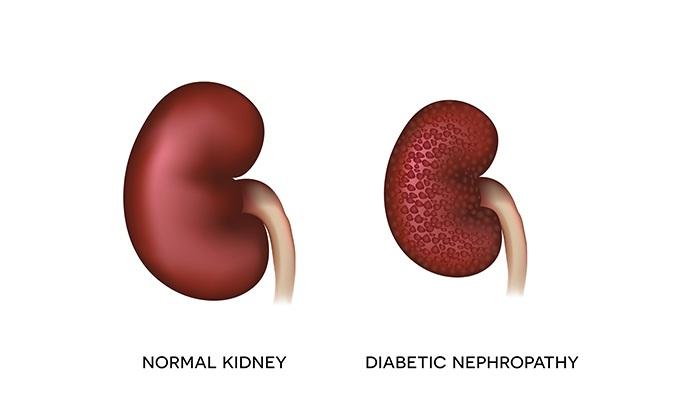Diabetes and Urology: How Are They Related?
March 6, 2020
Diabetes is a growing medical concern that has affected people from all genders and age groups. The increasing pollution levels, work pressure and changing lifestyles have further triggered this ailment. Diabetes is a condition where the insulin levels in the body are affected. And latest research also reveals how an increase in blood sugar levels can actually damage your kidneys, urethra and overall sexual performance. Read on to know more about this and how all these factors are interconnected;
How does diabetes affect the urinary tract?
Diabetes is a condition that directly damages the kidneys and even blood sugar levels. It can also cause the threat of infections, inflammation and swelling of the urinary tract. Overactive bladders, erectile dysfunction, premature ejaculation, bacterial growth in the urethra are all side-effects of this condition. UTIs or urinary tract infections are extremely painful and can cause severe complications if left undetected for long.
Common signs to look out for
Do you frequently have the urge to urinate, but your bladder is empty? With diabetes, the glucose levels in your urine are also affected. People who have diabetes usually have underactive or hyperactive muscles. Most patients usually visit the urologist when suffering from an overactive bladder. The main cause for this trouble is usually an increase in blood sugar levels. Listed below are some common signs and tell-tale symptoms to look out for;
- Frequent urination
- Weakness and nausea
- Dizziness, loss of appetite or extreme hunger
- Extreme thirst
- Loss of vision
- Loss of sexual function
- Infection and swelling in genitals
- Issue with urination
- Excessive weight gain or weight loss
Diabetes and bladder health
Glucose is one of the main sources of energy in the body. Insulin, a hormone secreted by the pancreas regulates the sugar levels. Type 1 diabetes is an autoimmune condition that destroys the immunity of the body and renders it weak. Type 2 diabetes is far more common and is caused by an exponential rise in the insulin levels of the body.
One of the main side-effects of diabetes is loss of sensation in the bladder. Impaired sensation in the bladder will give you no indication if you want to urinate. Reduced bladder contractility hampers the muscle function of the genitals. The involuntary bladder contractions or overactive bladder is another common side-effect of diabetes.
Decrease in sexual health
Diabetes even leads to kidney failure. It even leads to chronic kidney diseases, stones and ulcers. Other than that, there are also urinary infections and bacterial growth. Overactive bladder can lead to erectile issues, decline in sexual health and other infections. Swelling in the genitals, itching in the urinary tract etc. are some of the problems that most diabetic patients complain of.
Both males and females are susceptible to diabetes and the various issues that it can cause. When you visit a urologist, you might be asked to get tested for cysts, ulcers, tumours and other such formations. With diabetes, the blood flow in the nether regions are also affected very adversely. This leads to a decline in sexual performance and overall stamina of the body.
Some preventive measures to adopt
Diabetes is a condition that can be prevented by a few simple and effective lifestyle changes. Regular exercise, a balanced diet and other such habits can have a big difference on your reproductive health as well. Here are some common preventive measures that you can adopt;
- Refrain from in taking a lot of calories
- Reduce your caffeine, alcohol and other drug intakes
- Regular exercise and a fitness workout routine
- Always be well hydrated
- Be physically active
- Include plenty of fresh fruits and veggies in your diet
- Avoid excessive processed sugar, fat and oils
- Regular check-ups, weight regulations and consultations with your doctor
The bottom line
Diabetes is a common issue that has become very prevalent over the past few years. The older you grow the more vulnerable your body becomes to this condition. Therefore, it is important that you always test your blood sugar levels and be updated with your health. Follow your doctor’s instructions and take the prescribed medication as recommended by the professional.
NOTICE BOARD
CONTACT US
CONTACT US
 Book Appointment
Book Appointment


.svg)
.svg)
.svg)
.svg)








